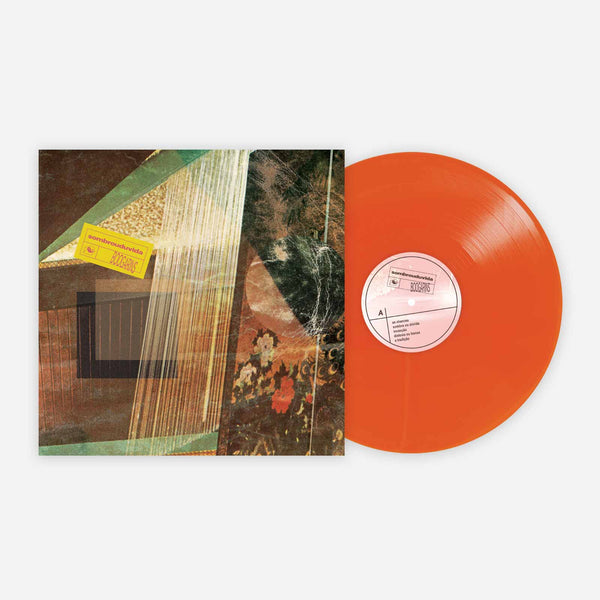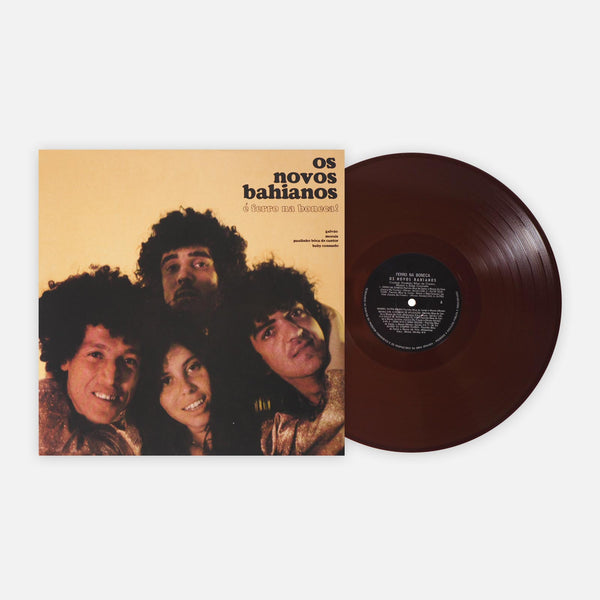The Time Rod Stewart Accidentally Stole A Jorge Ben Song
On A Case Of Partying In Brazil And Writing A Melody
It’s mid-1978, and Rod Stewart was, as he often was in those days, in the studio working on a new album with no finished songs, pulling together sessions for Blondes Have More Fun. As he says in his tremendously readable autobiography, Rod, he hardly ever went into the studio with anything ready in those days. He’d stand in front of his band, and they’d start working things out, and he’d start figuring out melodies to write over the top. Major labels had money to let iconic performers like Stewart hang out in the studio waiting for a spark in those days. The Stones had just hit with “Miss You,” their “disco” single, and Rod’s label wanted him to come up with something along those lines. Stewart loved Chic, so he was game. His band started making a song that split that difference, and eventually, Stewart wrote “Da Ya Think I’m Sexy?” It’s by a margin the most popular song Stewart ever recorded, a divisive single that you had to reckon with in 1978 and ’79.
There was only one problem: The melody line wasn’t Stewart’s. It was Jorge Ben’s.
In 1972, Jorge Ben was on top of samba, and his new album, Ben, was a smash. After years working the samba circuit in Brazil, blending bossa nova, samba, and folk music into a sound all his own, he makes a song called “Taj Mahal,” which would arguably be his biggest hit. In its original form, it starts with acoustic guitar and piles on an orchestra, culminating in a song that in its middle third sounds like a band playing in a runaway construction crane.
When Ben pivoted to a more funk- and R&B-oriented sound for 1976’s África Brasil, he brought “Taj Mahal” with him, upping the BPM, and giving the song’s indelible choral filigrees more of a groove. It became the centerpiece of a second Ben record, a way of bringing his familiar fans along with him into uncharted territories (learn more about how radical África Brasil is here).
Before he’d head to the studio for Blondes Have More Fun, Stewart would do what immensely famous people did in the late ’70s: He went on a bender in Rio during Carnival, alongside maybe the only two active musicians more popular than him in 1978, Freddie Mercury and Elton John. The reconstituted “Taj Mahal” was, as Stewart writes in Rod, “everywhere” when he, Mercury, and John were tying several ones on. The song burrows its way into Stewart’s medulla oblongata to the point that when he’s in front of a microphone, trying to write a melody for his “disco song,” out comes the melody from “Taj Mahal.”
It’s tempting to paint this as direct plagiarism, but if we take Stewart’s word for it — and why wouldn’t we? — this was entirely unconscious, as he says in Rod. It’s the same thing that led Keith Richards to think that he had ripped off a guitar solo from a song he heard on the radio while recording Tattoo You, only to realize he had actually heard an old Stones song. The point is: it happens. The line between influence and plagiarism is malleable and razor thin. Elton John, for his part, did not let Stewart get away with his unconscious plagiarism. Watch this incredibly catty interview between the two of them:
Stewart, to his credit, acknowledged the nicking of Ben’s melody pretty much immediately. “Jorge Ben eventually pointed out the similarity of the melody in the chorus to a song of his from 1972 called ‘Taj Mahal,’” Stewart writes in Rod. “Bang to rights, too. I held my hand up straightaway. Not that I had stood in the studio and said, ‘Here, I know, we’ll use that tune from “Taj Mahal” as the chorus and be done with it. The writer lives in Brazil, so he’ll never find out.’ [...] the melody had lodged itself in my memory and then resurfaced when I was trying to find a line to fit the chords … I handed over the royalties.”
The settlement was reached out of court, and apparently all the royalties eventually made their way as a donation to UNICEF, on behalf of Ben and Stewart. Ben would become one of the biggest stars in the “world music” scene, and Stewart would continue being Rod Stewart.
From where I’m sitting, there are a couple morals of this story: First, don’t write songs in the studio, particularly after spending time wasted with Elton John and Freddie Mercury. And second: “Taj Mahal” rules.
Andrew Winistorfer is Senior Director of Music and Editorial at Vinyl Me, Please, and a writer and editor of their books, 100 Albums You Need in Your Collection and The Best Record Stores in the United States. He’s written Listening Notes for more than 30 VMP releases, co-produced multiple VMP Anthologies, and executive produced the VMP Anthologies The Story of Vanguard, The Story of Willie Nelson, Miles Davis: The Electric Years and The Story of Waylon Jennings. He lives in Saint Paul, Minnesota.
Related Articles
Join the Club!
Join Now, Starting at $44Exclusive 15% Off for Teachers, Students, Military members, Healthcare professionals & First Responders - Get Verified!







